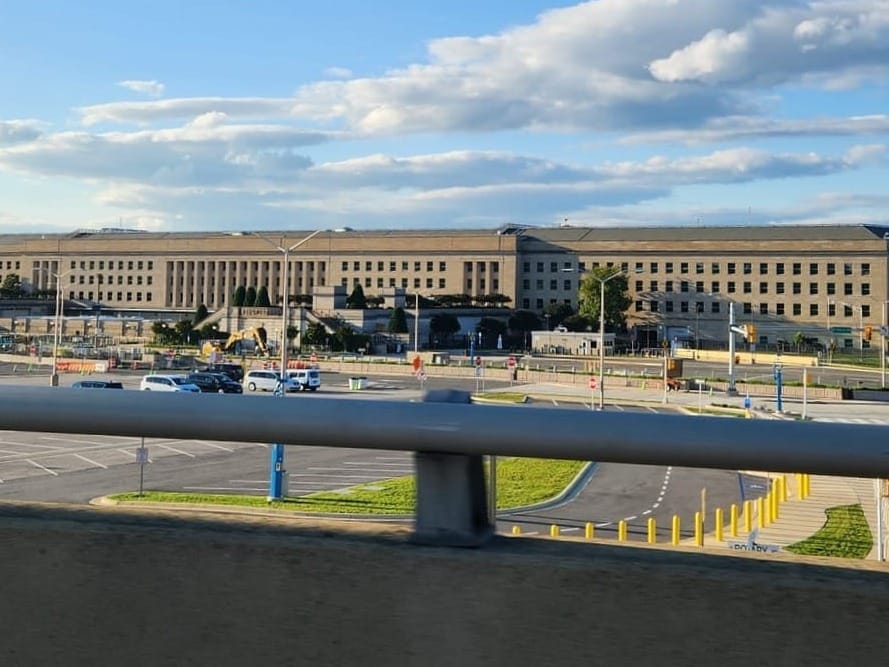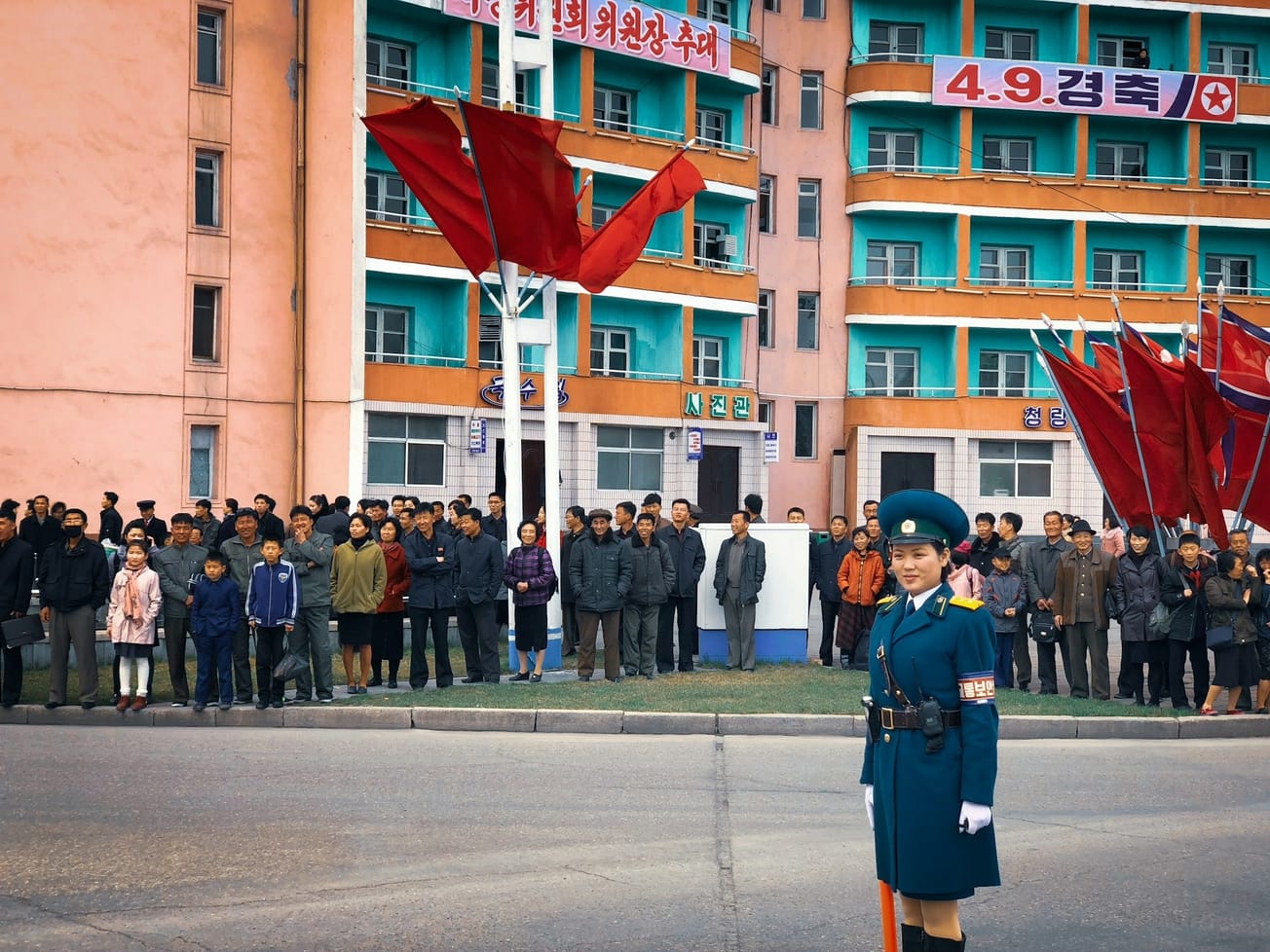Top experts spoke of starvation, deportation and torture while detailing North Korea's severe human rights abuses in a desperate economy during the U.N. Security Council's first open briefing on the situation since 2017.
Ilhyeok Kim, who was born in 1995 at Saetbyeol, North Korea, during the nation's devastating famine, told the council about how he worked in unpaid forced labor from an early age but escaped with his family to South Korea in 2011.









